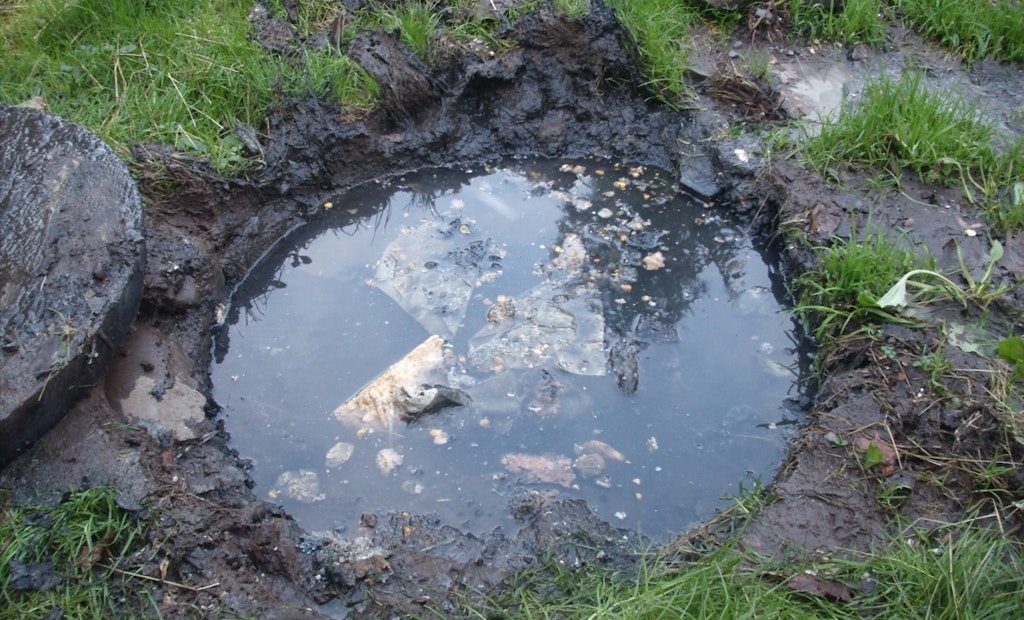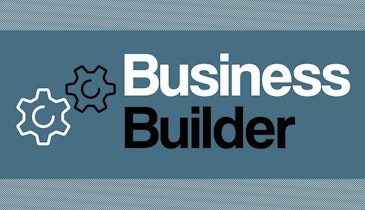There are many products your customers use in their homes and commercial properties that can harm the bacteria in a septic system. Below are five key ones to tell them to avoid in order to keep the bacterial community as healthy as possible.
1. Quaternary ammonia – Quat...






